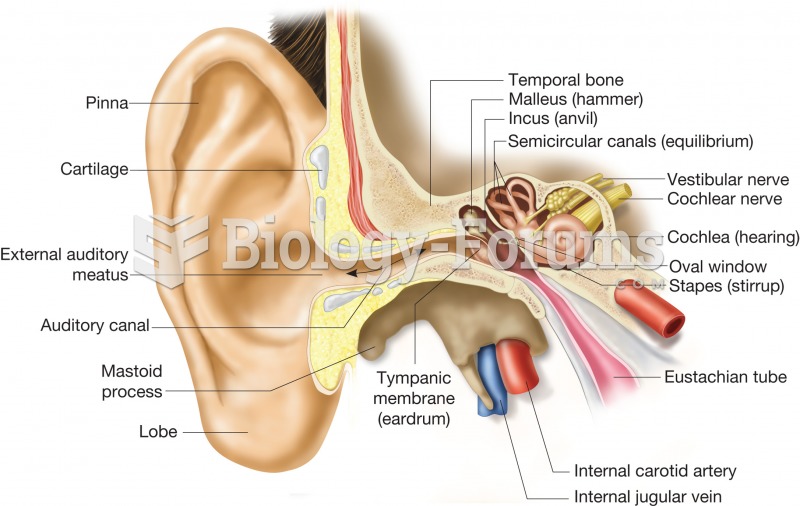This topic contains a solution. Click here to go to the answer
|
|
|
Did you know?
Fungal nail infections account for up to 30% of all skin infections. They affect 5% of the general population—mostly people over the age of 70.
Did you know?
The average human gut is home to perhaps 500 to 1,000 different species of bacteria.
Did you know?
It is difficult to obtain enough calcium without consuming milk or other dairy foods.
Did you know?
HIV testing reach is still limited. An estimated 40% of people with HIV (more than 14 million) remain undiagnosed and do not know their infection status.
Did you know?
Green tea is able to stop the scent of garlic or onion from causing bad breath.







